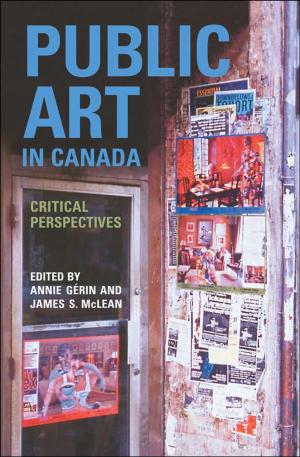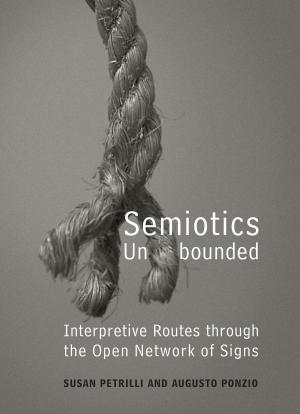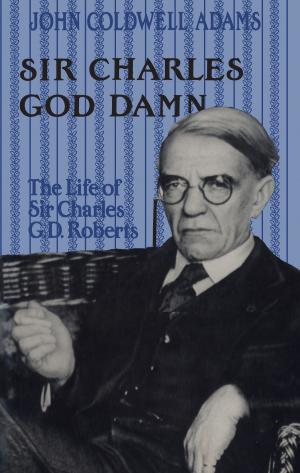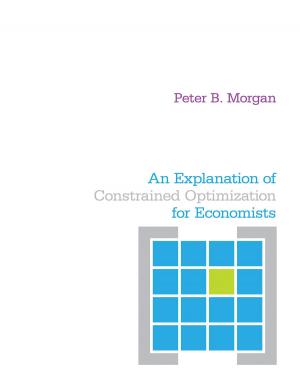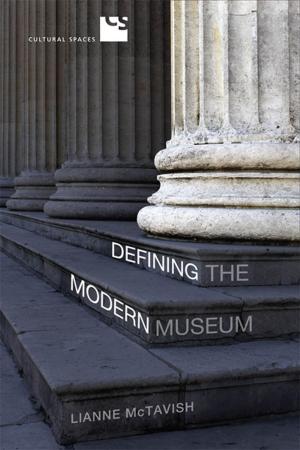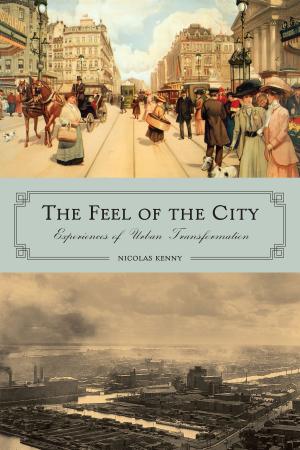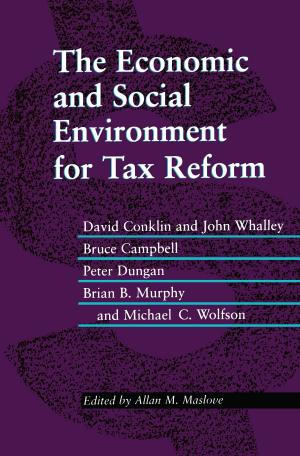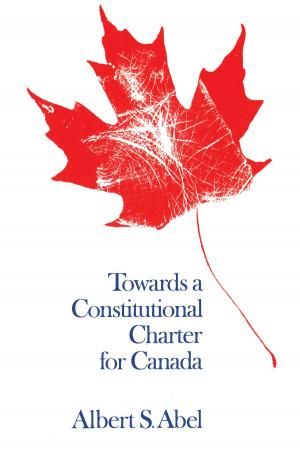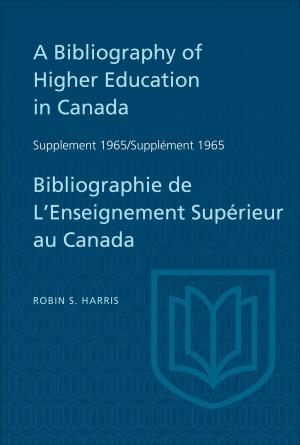A Theatre for Spenserians
Papers of the International Spencer Colloquium Fredericton, New Brunswick October 1969
Fiction & Literature, Literary Theory & Criticism, British| Author: | ISBN: | 9781487590796 | |
| Publisher: | University of Toronto Press, Scholarly Publishing Division | Publication: | December 15, 1973 |
| Imprint: | Language: | English |
| Author: | |
| ISBN: | 9781487590796 |
| Publisher: | University of Toronto Press, Scholarly Publishing Division |
| Publication: | December 15, 1973 |
| Imprint: | |
| Language: | English |
The International Spenser Colloquium, sponsored by St Thomas University and the University of New Brunswick, was held in Fredericton in 1969 to celebrate the four hundredth anniversary of Spenser's first appearance in print in A Theatre for Wordlings. The intention of the colloquium was to honour a great poet for the pleasure and profit his work continues to give and to promote understanding of his poetry through lectures, discussions, and proposals for future lines of exploration.
The six original essays on Spenser's poetry contained in this volume were first presented at the colloquium. While there is a central concern with The Faerie Queene, the essays range widely through Spenser's works and treat many aspects of his poetic vision and artistry: his comic vein and his melancholy, his learning and his realism, his grand designs and his richness of detail. In their variety and vivacity the essays amply demonstrate the powerful appeal that Spenser's poetry exerts today and the quality of response it elicits
The International Spenser Colloquium, sponsored by St Thomas University and the University of New Brunswick, was held in Fredericton in 1969 to celebrate the four hundredth anniversary of Spenser's first appearance in print in A Theatre for Wordlings. The intention of the colloquium was to honour a great poet for the pleasure and profit his work continues to give and to promote understanding of his poetry through lectures, discussions, and proposals for future lines of exploration.
The six original essays on Spenser's poetry contained in this volume were first presented at the colloquium. While there is a central concern with The Faerie Queene, the essays range widely through Spenser's works and treat many aspects of his poetic vision and artistry: his comic vein and his melancholy, his learning and his realism, his grand designs and his richness of detail. In their variety and vivacity the essays amply demonstrate the powerful appeal that Spenser's poetry exerts today and the quality of response it elicits

